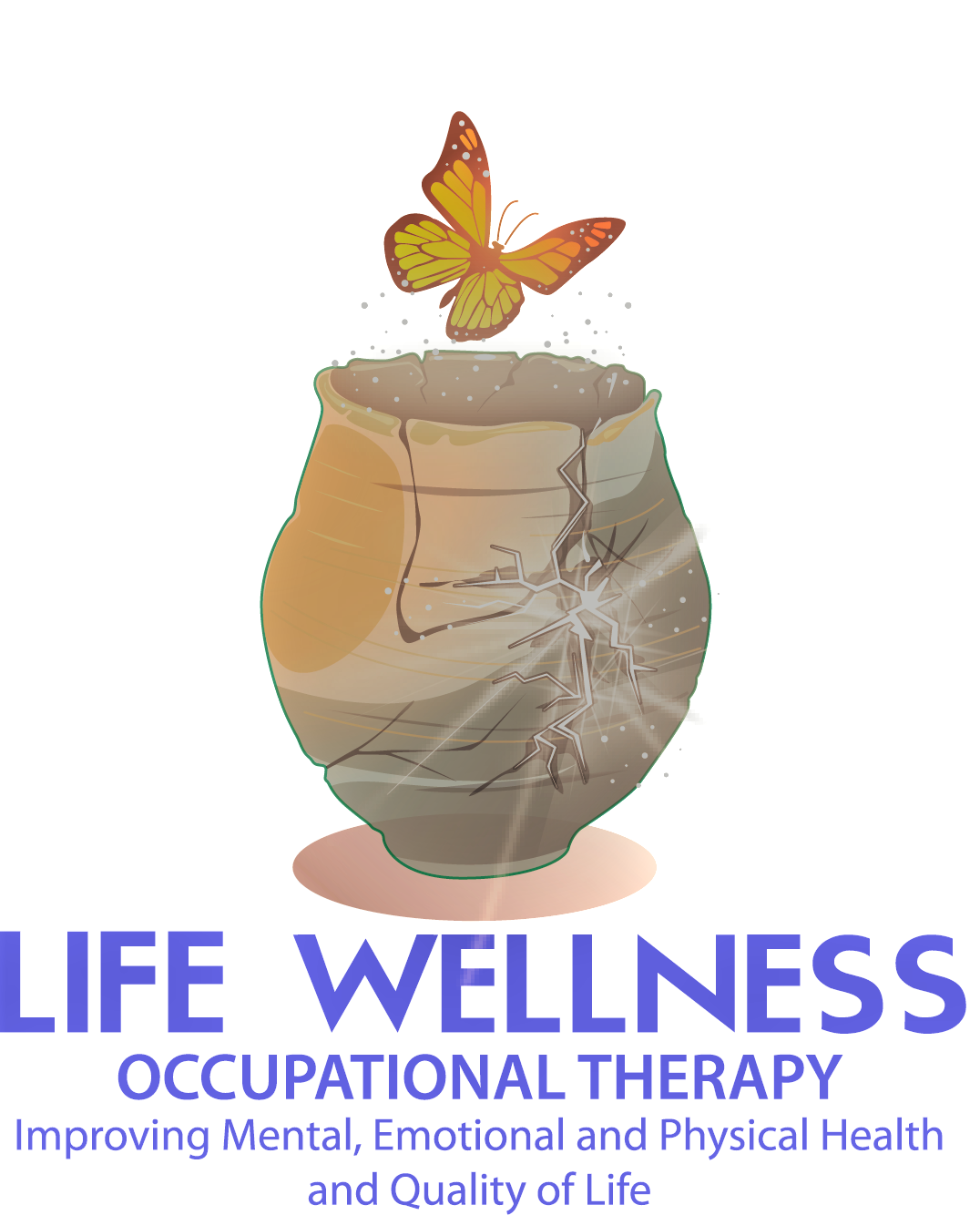Let’s first talk about what self-image is.
Self-image or our sense of self is our opinion, point of view, or a mental image of how we see ourselves. It is also an internal dictionary or dialog of words and terms that describe who we think or believe we are (Cleveland Clinic, 2016) and the result of what we learn about ourselves through experiences.
Generally, our sense of self is shaped from our early childhood experiences and solidified by the relationships we have with ourselves and others in adulthood. These experiences come from our thoughts regarding our parents, teachers, friends, peers, and intimate partners and add to how we see and feel about ourselves. Likewise, we continue to internalize information and evaluate ourselves, many times, unconsciously in areas such as performance (how am I doing?), physical appearance (how do I look?), and relationships (how important am I?) (Cleveland Clinic, 2016).
Therefore, it is important that you know who you are and stand firm on what you know so that people and circumstances do not begin to tear away at this delicate resource.
If you or someone you know is struggling with self-image, the good news is self-image is learned; and since it is learned then you can unlearn the negative self-image and learn how to develop a positive self-image, but it takes practice.
Why is a positive self-image important?
A healthy self-image is important because how we think about ourselves determines how we feel about ourselves and how we interact with the world around us.
A positive self-image can boost our emotional, mental, physical, social, and spiritual health and well-being because with it, we understand our strengths and abilities and what we bring to the table of life and relationships. We also can realize our potential while remaining realistic of our limitations (Cleveland Clinic, 2016). On the other hand, a negative self-image can decrease our ability to function in these areas ultimately resulting in a decrease in quality of life because having a negative sense of self causes us to beam light on and concentrate far too much on our flaws and weaknesses which ultimately distorts our imperfections and the imperfections of others.
Furthermore, a positive self-image must be managed because how we see ourselves fluctuates with victories and failures. Therefore, problems, trauma, pain, and negative relationships can challenge and greatly impact a positive self-image and so we must be careful and aware of how life impacts us. We must be intentional when handling issues that come up so that our sense of self remains healthy. It is a process that wavers, so it takes work to maintain and build a healthy self-image over a lifetime.
Being imperfect is being human and that is perfectly okay. – Christa Spence, MS, OTR/L
Creating a positive self-image
We learn to develop a healthier and more realistic view of ourselves when we challenge negative and distorted thoughts from ourselves and others. A healthy sense of self begins with learning to accept and love ourselves as we currently are or in our current state.
The following are specific actions to take to maintain or improve a positive self-image. (Cleveland Clinic, 2016.)
- Write down how you see yourself. Take inventory of your qualities and flaws, positives and negatives, strengths, and weaknesses. This may make take some time to where you may have to go back to this list and add to it.
- Ask people that you love, trust, and know that they have your best interest at heart to describe your positive qualities.
- Write down your personal goals. Define and describe the goals making them specific, reasonable, and measurable.
- Confront and challenge distorted thought patterns. (Write them down).
- Explore and identify childhood labels that were said to you that made an impact (both positive and negative) and write them down.
- Do not compare yourself to others. Everyone is unique and has their own gifts and abilities.
- Begin to develop your strengths.
- Learn to love yourself.
- Speak positive affirmations throughout the day. Meditate and be mindful of them.
- Regularly practice on reflecting on how far you have come.
- Bonus – Be your biggest cheerleader, advocate, and best friend.
For new thoughts to become more frequent and old thoughts to become more of an old mindset and in the distant past, we need to practice, practice, practice these new methods so that your mindset about yourself is retrained and renewed.
Bottomline
Habits take time and consistency to develop. To create a new habit or a new way of thinking and behaving, we must put the time in to do so. We also must monitor our thought life and when old thought patterns creep in, we must capture them, take control over them realizing that our old thought life and patterns of thinking will not serve us well in the future and replace them with positive, life-giving, loving, nurturing truths about who we are.
We must learn to forgive and be patient with ourselves and others and realize that our negative thoughts are keeping us stuck. We must put the work in for things to change for the better.
And lastly, separate your who from your do! You are not what you do or have done! You are more than a pattern of behaviors and actions. You are a human being so learn how to be by knowing why you are born, what your purpose is, know the core you, your essence, the heart of what makes you – you.
Also, it is vital to have healthy, nurturing relationships around us. People who love, accept, and support who you are, not just what you do. This is how our soul thrives and stays nourished.
Reference
Cleveland Clinic. (2016). Fostering a positive self-image. Cleveland Clinic.


